5 Destinations First-Time Solo Travelers Should Skip + 10 That Are A No-Go
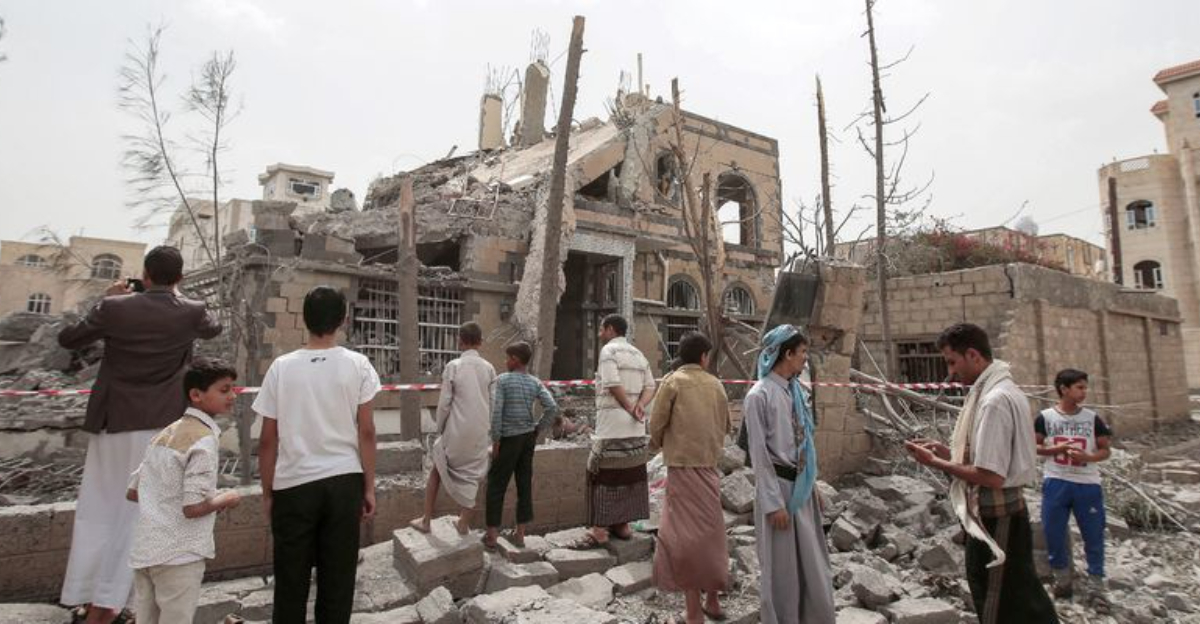
Thinking of taking your first solo trip? You’re in for something special—freedom, discovery, and personal growth all rolled into one unforgettable experience. But here’s the thing: where you go can make or break that adventure.
While some destinations are perfect for easing into solo travel—safe, welcoming, and easy to navigate—others can feel overwhelming, especially if you’re just starting out. I’ve talked to fellow solo travelers, done the research, and even made a few rookie mistakes myself. The result?
A guide that highlights not just where to go, but where not to go—at least for now. So before you book that flight, let’s talk about which places might be a little too much for first-timers—and which spots could be risky no matter your experience level. Ready to travel smarter, safer, and with more confidence?
1. Rio de Janeiro, Brazil: (should skip)
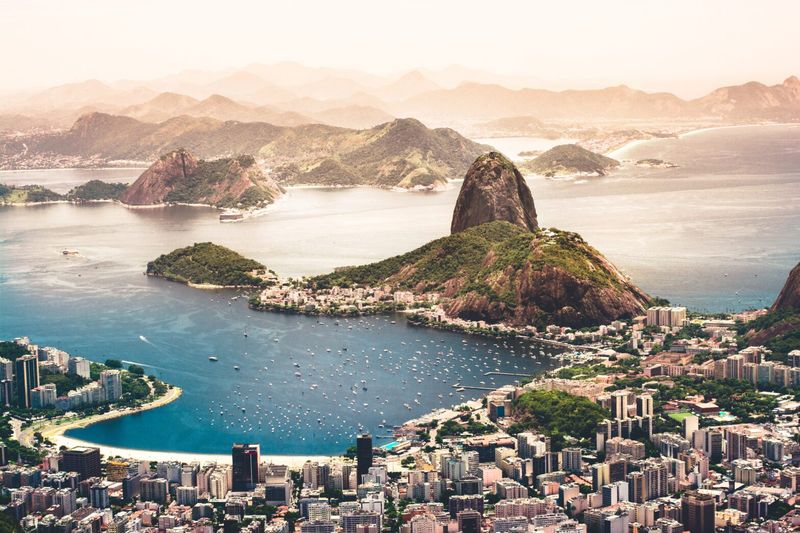
The vibrant pulse of Rio hides real risks for first-time solo visitors, who may not yet have the street smarts needed to avoid common tourist scams and theft.
Language barriers compound the difficulty, as English isn’t widely spoken outside tourist areas. The city’s geography creates transportation challenges with beaches, attractions, and neighborhoods spread across mountains and bays.
Rather than skipping Brazil entirely, consider starting with more manageable cities like Florianópolis or joining a group tour of Rio. Once you’ve gained travel experience and learned some basic Portuguese, Rio’s incredible beauty will still be waiting for you.
2. Caracas, Venezuela: Political Instability Zone
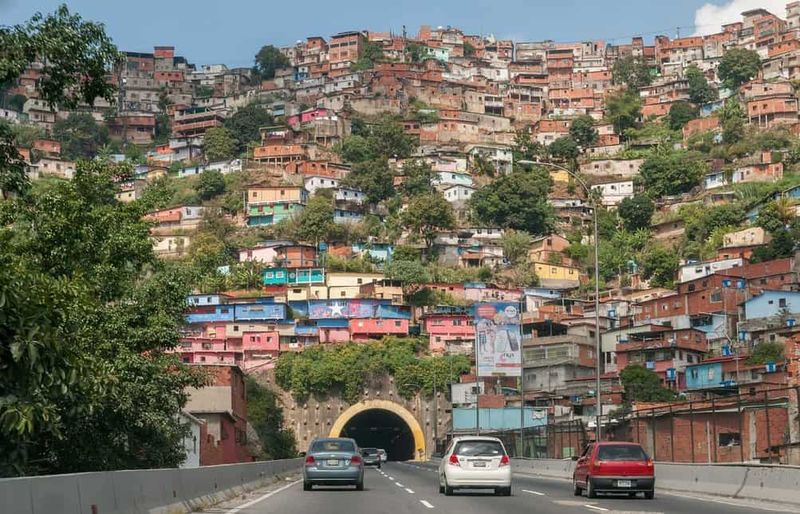
Venezuela’s ongoing political and economic crisis makes Caracas absolutely off-limits for solo travelers. Hyperinflation has led to severe shortages of food, medicine, and other essentials, creating desperate situations.
Violent crime rates rank among the highest globally, with kidnappings and armed robberies presenting real threats. The healthcare system has collapsed, meaning even minor medical emergencies could become life-threatening without access to proper care or medications.
Most foreign governments have issued their highest level travel warnings for Venezuela. Even experienced travelers and journalists enter with extreme caution and local connections. This beautiful country’s incredible landscapes will hopefully be accessible again when stability returns.
3. Marrakech, Morocco: (should skip)
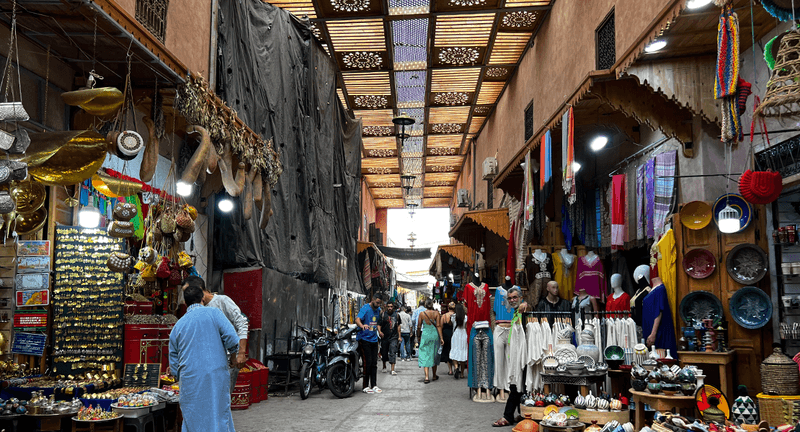
First-time visitors often find Marrakech’s bustling medina and persistent vendors overwhelming. The maze-like streets can be disorienting, and the constant haggling becomes exhausting when you’re still finding your travel legs.
Women especially may feel uncomfortable with unwanted attention from local men. Though Morocco is relatively safe, the cultural differences and intensity of local interactions create a steep learning curve.
Did you know? The famous blue city many travelers seek is actually Chefchaouen, not Marrakech. Consider visiting Morocco with a friend first or choose calmer destinations like Essaouira until you’ve built up your solo travel confidence.
4. Kabul, Afghanistan: Active Conflict Area
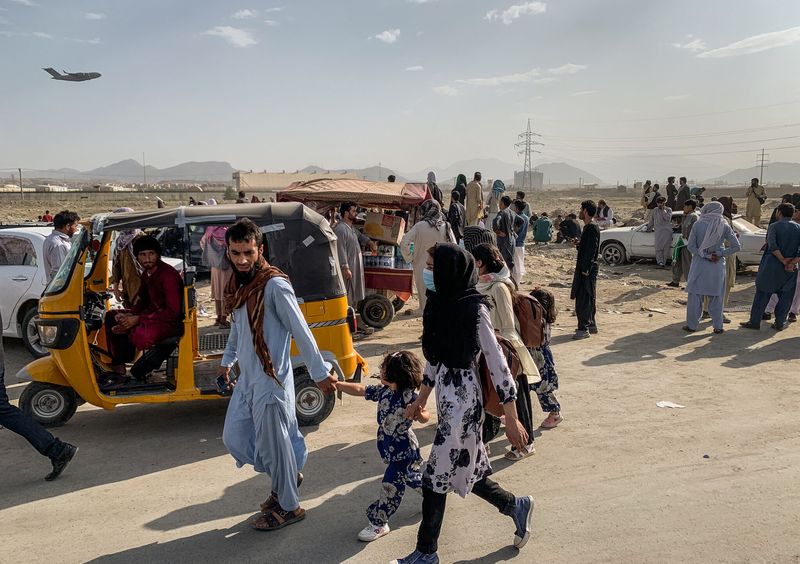
Since the Taliban’s return to power, Afghanistan has seen a sharp decline in safety, making it a no-go zone for most travelers due to widespread conflict and security threats.
Terrorist attacks, kidnappings, and bombings occur regularly without warning. Most foreign embassies have closed or maintain minimal staff, meaning consular assistance is virtually nonexistent if trouble arises.
Though Afghanistan has ancient cultural sites and breathtaking landscapes, they remain inaccessible due to the dangerous reality on the ground. Even humanitarian workers enter with extensive security protocols. Most travel insurance policies explicitly exclude coverage in Afghanistan, leaving travelers completely vulnerable.
5. Manila, Philippines: (should skip)
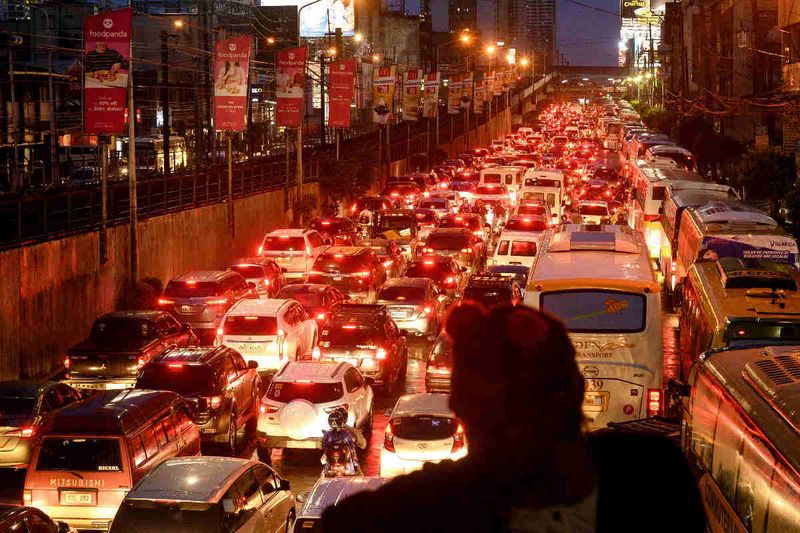
Manila’s notorious traffic jams and sprawling layout make it incredibly frustrating for first-time solo travelers. Getting from one attraction to another can eat up entire days of your precious vacation time.
Safety concerns exist in certain neighborhoods, and the stark wealth inequality can be jarring if you’re not prepared for it. The city lacks the intuitive layout that helps new travelers find their bearings.
If the Philippines calls to you, consider skipping Manila entirely and flying directly to Cebu, Palawan, or Bohol instead. These destinations offer easier navigation, better infrastructure for tourists, and the beautiful beaches the country is famous for without the urban challenges.
6. Port-au-Prince, Haiti: Extreme Instability
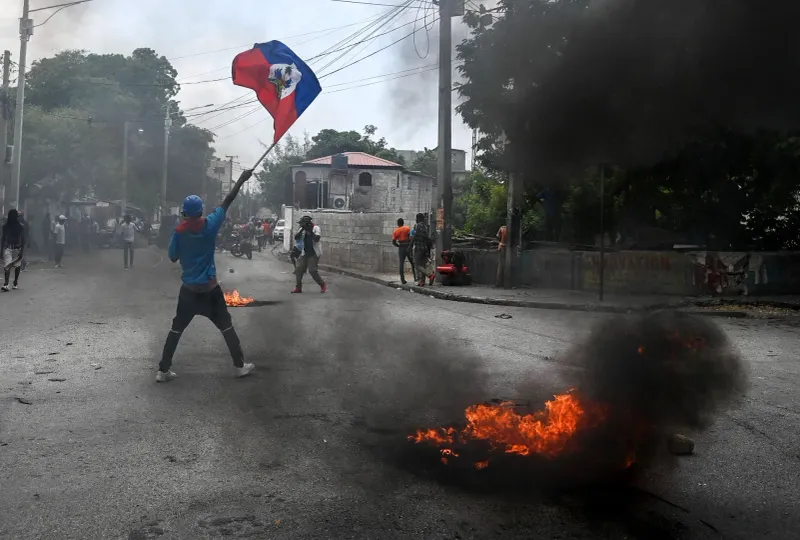
Law and order have broken down in Port-au-Prince, leaving residents and visitors alike vulnerable to widespread violence and organized abductions.
Armed robberies and carjackings occur in broad daylight, and roadblocks controlled by armed groups make movement unpredictable and dangerous. The political situation remains volatile with no functioning government able to maintain basic security.
Medical facilities are extremely limited and often lack basic supplies and medications. Most countries have evacuated their citizens and diplomatic staff, leaving virtually no consular support for travelers who encounter trouble. Haiti’s current crisis is humanitarian in nature, not a tourism opportunity.
7. Mogadishu, Somalia: Persistent Terrorism Threat
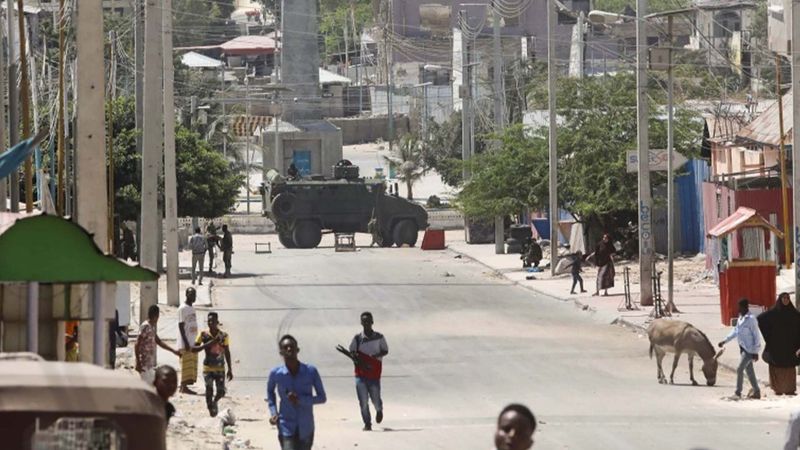
Terrorist activity in Mogadishu is ongoing and unpredictable, with high-profile attacks frequently hitting restaurants, government buildings, and public gatherings.
Kidnapping remains a lucrative business for criminal groups and terrorists alike, with foreigners commanding high ransoms. Pirates still operate in Somali waters, though less frequently than in previous years.
The government’s control remains limited to certain areas, with much of the country under militant influence or contested. No travel insurance covers Somalia, and emergency evacuation is extremely difficult to arrange. Despite recent progress, Somalia remains years away from being suitable for even the most adventurous travelers.
8. Damascus, Syria: Ongoing Civil War
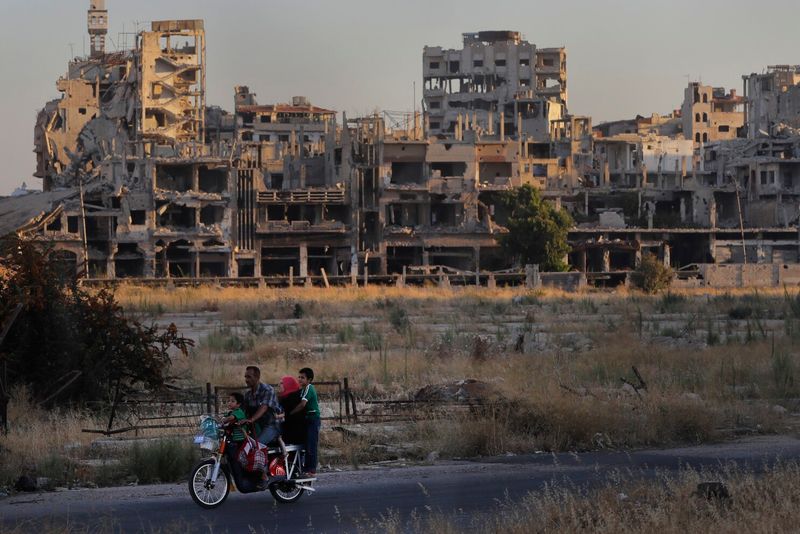
Syria’s devastating civil war has destroyed much of the country’s infrastructure and historical treasures. Though Damascus sees fewer active battles than in previous years, the situation remains extremely volatile with frequent security incidents.
Multiple foreign militaries and armed groups operate throughout Syria, creating unpredictable security situations that can change hourly. Unexploded ordnance and landmines pose serious risks even in areas no longer experiencing active fighting.
Arbitrary detention of foreigners occurs regularly, with some Western travelers imprisoned for years without formal charges or access to legal representation. Syria’s ancient history and once-vibrant culture will hopefully welcome visitors again someday, but that day remains far in the future.
9. Cairo, Egypt: (should skip)
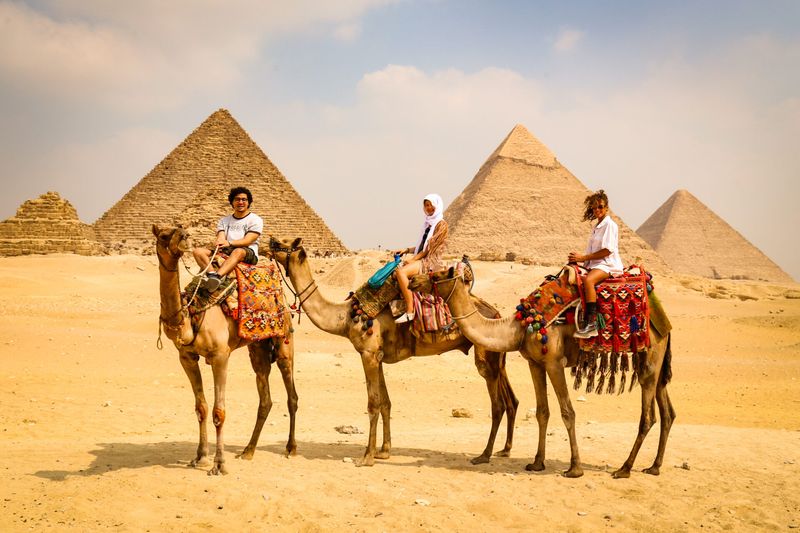
From the first step off the plane, Cairo bombards the senses with noise, heat, and pressure, creating a demanding atmosphere not for the faint of heart.
Women especially report high levels of street harassment that can range from annoying to frightening. The language barrier feels more pronounced here, and scams targeting tourists are unfortunately common.
Egypt’s amazing history deserves to be experienced, but consider joining a group tour for your first visit instead of going solo. Alternatively, seasoned travelers suggest starting with Luxor or Aswan, which offer similar historical wonders with a more manageable atmosphere for solo beginners.
10. Lagos, Nigeria: Extreme Urban Hazards
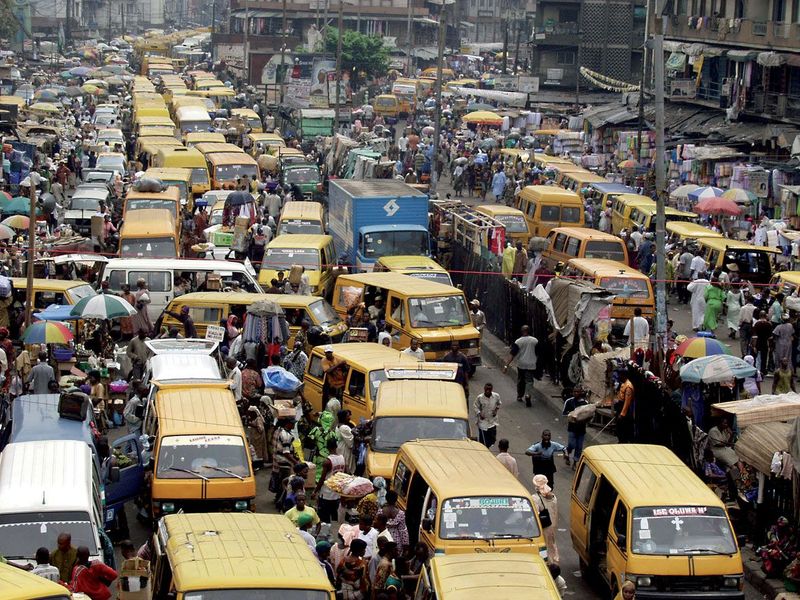
With its dense crowds and erratic traffic, Lagos can feel overwhelming — and for foreigners, the threat of targeted crime adds a serious layer of risk.
Scams range from sophisticated to brazen, with some criminals impersonating police officers to extort visitors. Traffic congestion reaches legendary proportions, making movement unpredictable and emergency services unreliable.
Though Nigeria has vibrant culture and amazing food worth experiencing, Lagos presents too many serious risks for solo travelers. Areas like Victoria Island are somewhat safer but still require extreme caution. Business travelers typically hire security drivers and stay in specific secure accommodations when visiting.
11. Kinshasa, DRC: Infrastructure Breakdown
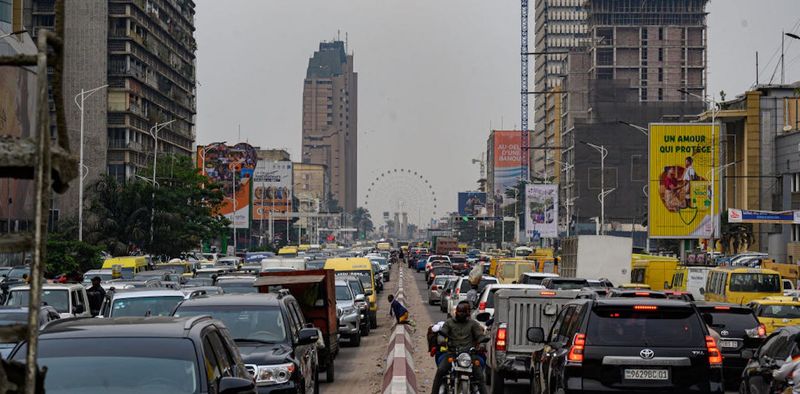
The Democratic Republic of Congo’s capital presents extreme challenges due to collapsed infrastructure, political instability, and high crime rates. Power outages occur daily, roads are severely damaged, and public transportation is unreliable and dangerous.
Armed robberies target foreigners, particularly after dark or when displaying valuables. The healthcare system lacks basic equipment and medications, making even minor medical issues potentially life-threatening.
Military and police checkpoints throughout the city often demand bribes from travelers. While the DRC has incredible natural beauty and wildlife, Kinshasa itself offers little for tourists while presenting maximum risk. Organized tours to specific nature reserves with professional guides remain the only advisable way to visit the country.
12. Baghdad, Iraq: Persistent Conflict Zone
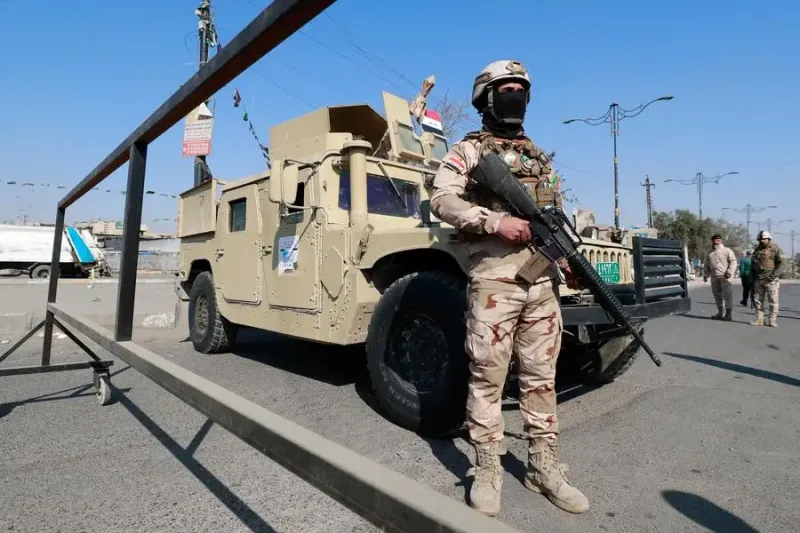
Despite improvements since the height of the Iraq War, Baghdad remains extremely dangerous for travelers. Terrorist attacks, kidnappings, and armed violence continue throughout the country, including in the capital.
Military operations against ISIS remnants create unpredictable security situations that can rapidly deteriorate. Foreign visitors face targeting for kidnapping by various militant groups seeking ransom or political leverage.
Iraq’s ancient Mesopotamian sites rank among humanity’s most important historical treasures, but they remain largely inaccessible due to security concerns. The autonomous Kurdish region in northern Iraq is somewhat safer but still requires extreme caution. Professional security is mandatory for the few foreigners who must visit for business or journalism.
13. Tripoli, Libya: Fractured Government Control
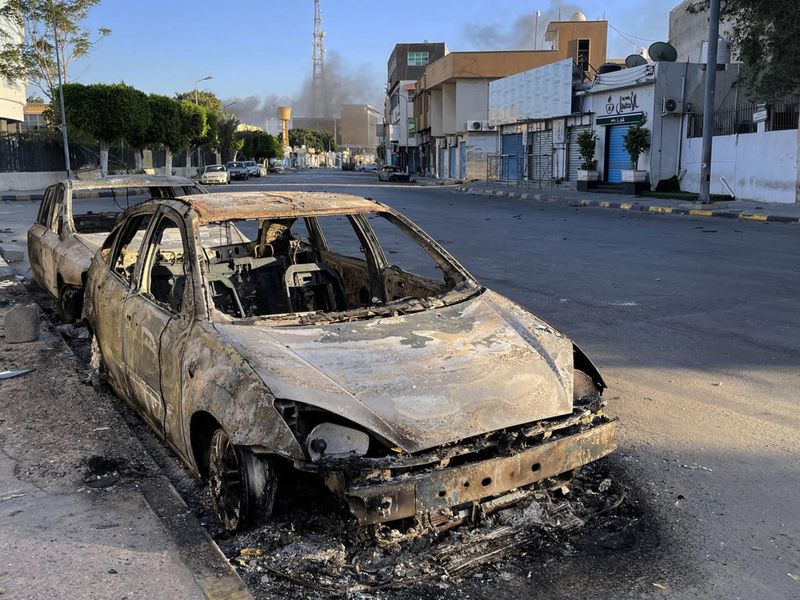
Ongoing civil unrest in Libya has left the country divided, where shifting alliances among militias lead to unpredictable clashes, even in the capital, Tripoli.
Terrorist groups maintain a presence throughout the country, conducting attacks against government and civilian targets. Foreign nationals face extreme kidnapping risks, with several Westerners held captive for years.
Libya’s Mediterranean coastline and ancient Roman ruins would normally attract tourists, but the complete absence of rule of law makes visiting impossible. Most foreign embassies remain closed, meaning no consular assistance exists. The security situation shows no signs of improving in the near future.
14. Sana’a, Yemen: Humanitarian Crisis Zone
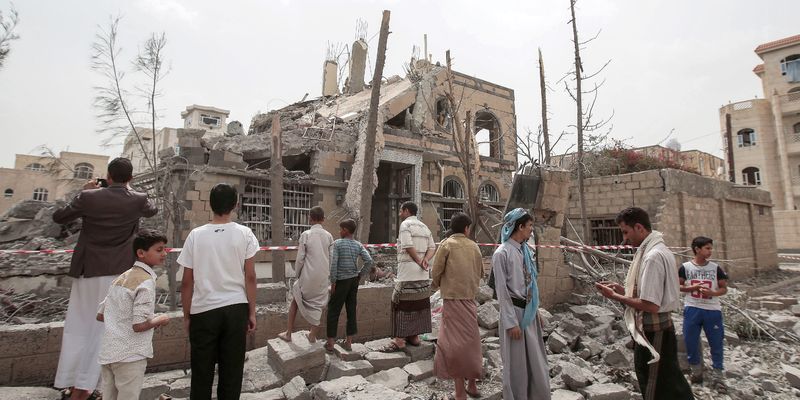
Yemen’s devastating civil war has created one of the world’s worst humanitarian crises. Sana’a and other major cities experience frequent airstrikes, with civilian infrastructure regularly damaged or destroyed.
Severe food shortages have pushed millions to the brink of famine, and the healthcare system has collapsed amid outbreaks of cholera and other preventable diseases. Different armed groups control various regions, making travel between areas extremely dangerous.
Yemen’s ancient architecture and unique culture once drew adventurous travelers, but the current situation makes tourism impossible. Even humanitarian workers enter with extreme caution and security protocols. Most countries explicitly warn their citizens that no evacuation assistance can be provided if they ignore travel warnings.
15. Naples, Italy: (should skip)
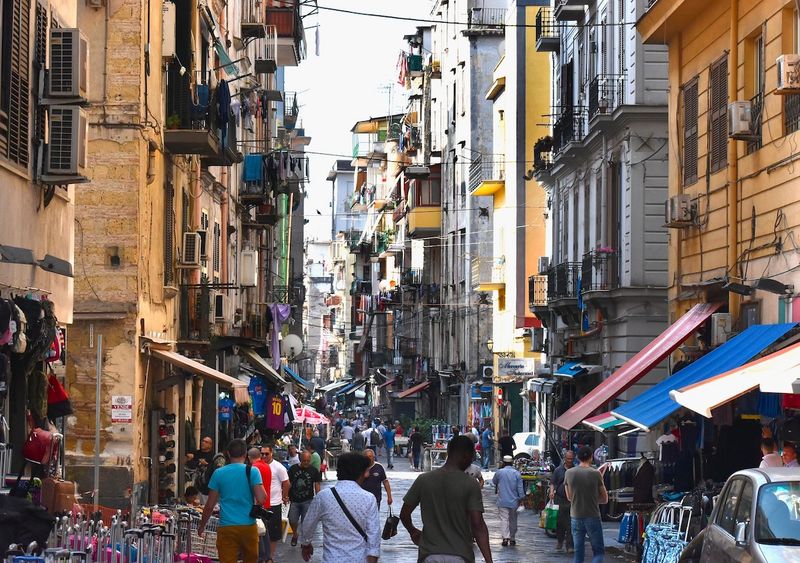
First-time visitors to Naples often find themselves overwhelmed, where pickpockets work busy tourist zones and street crossings feel like high-stakes challenges.
Though the pizza is legendary and the nearby Pompeii ruins are incredible, the city’s gritty neighborhoods and confusing public transportation system create unnecessary stress for solo travel beginners. Many travelers report feeling on edge while exploring certain areas.
When you’re still developing travel instincts, it’s better to start with more navigable Italian cities like Florence or Bologna where you can build confidence before tackling Naples’ beautiful chaos.
